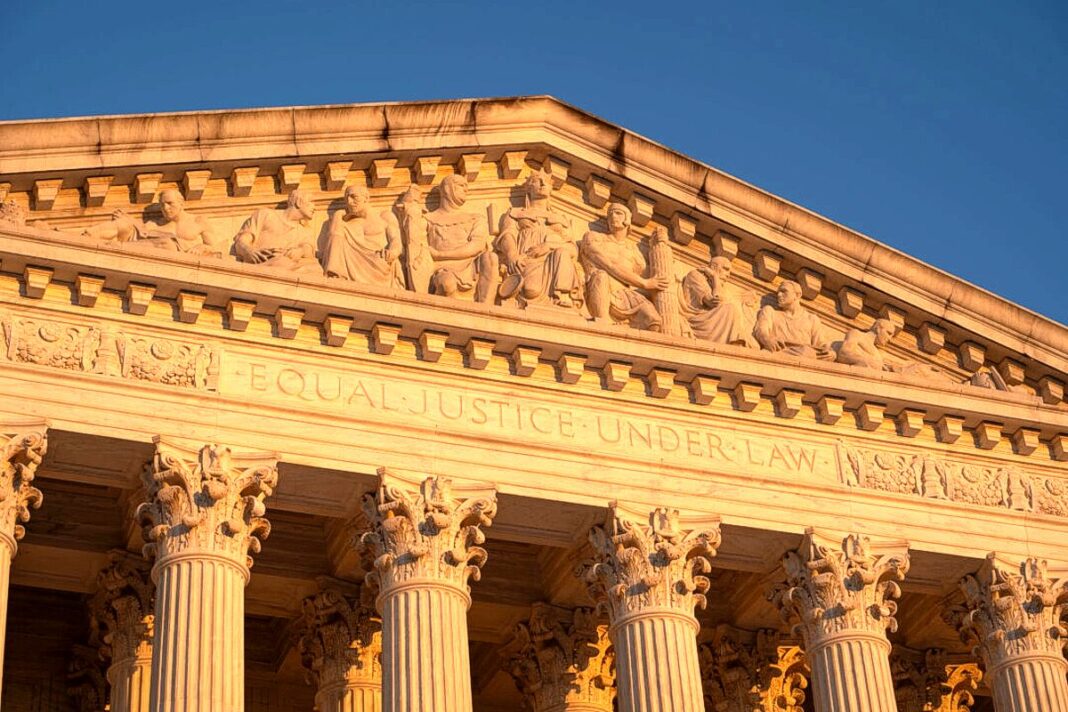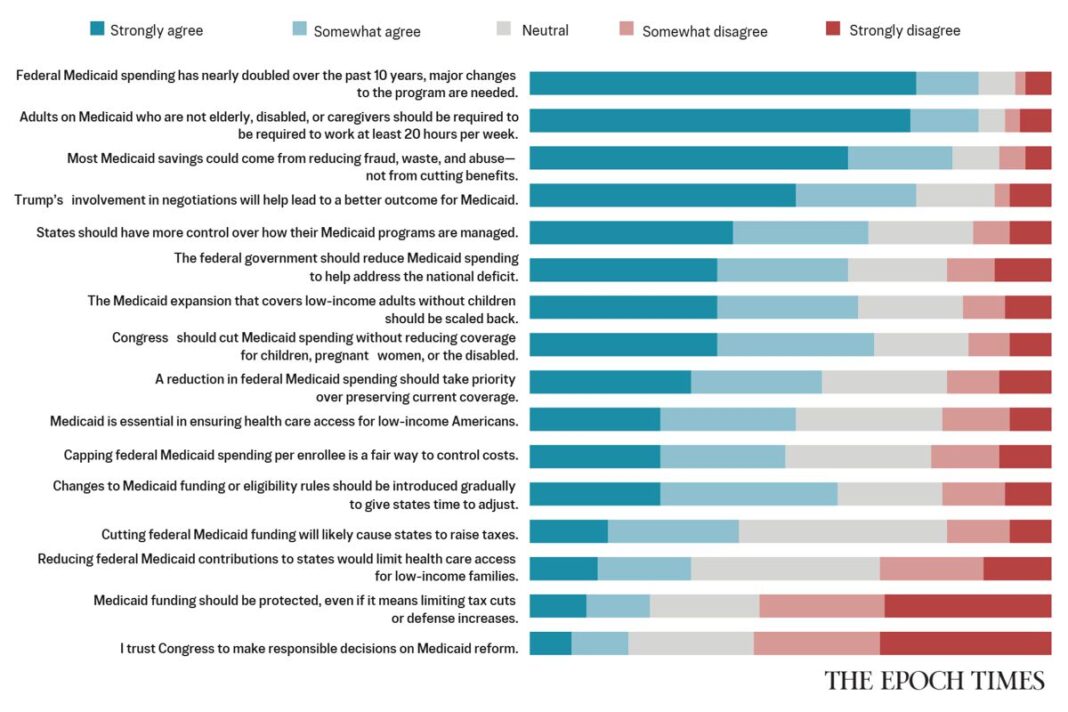Three judges have blocked the president’s order restricting birthright citizenship.
One of the many lawsuits contesting President Donald Trump’s agenda will hit the Supreme Court for oral argument for the first time on May 15.
The case arises from a challenge to Trump’s birthright citizenship executive order. The hearing is unusual in that it stems from a preliminary appeal in which the Trump administration is challenging a federal judge’s use of nationwide injunctions to block the president’s agenda.
The Trump administration argues that district court judges are exceeding their authority by imposing broad blocks on government policy, rather than applying them to the parties in the lawsuit. Three lower court judges had issued nationwide injunctions blocking Trump’s policy of ending birthright citizenship for children of illegal immigrants.
With more than 100 lawsuits against Trump’s policies, lower court judges have issued a raft of nationwide injunctions halting parts of the administration’s agenda, from federal spending freezes to immigration enforcement to canceling diversity, equity, and inclusion programs.
The injunctions are highly controversial because they impose policy changes for the entire country rather than offer relief only for plaintiffs in the lawsuits, drawing scrutiny from some Supreme Court justices and members of Congress.
Trump has said they are detrimental to the nation’s future.
“These Judges want to assume the Powers of the Presidency, without having to attain 80 Million Votes. They want all of the advantages with none of the risks,” the president wrote in a March post on Truth Social.
“STOP NATIONWIDE INJUNCTIONS NOW, BEFORE IT IS TOO LATE. If Justice Roberts and the United States Supreme Court do not fix this toxic and unprecedented situation IMMEDIATELY, our Country is in very serious trouble!”
Meanwhile, the hearing may also touch on questions about the constitutionality of Trump’s order on birthright citizenship. The order challenged the idea that birthright citizenship allows an illegal immigrant’s child to receive citizenship if born in the United States.
In January, Trump signed an order to stop granting citizenship to individuals if a person’s mother was unlawfully present in the country and the individual’s father was not a U.S. citizen or lawful permanent resident at the time of the person’s birth.
It also states that the privilege of U.S. citizenship does not apply to an individual whose mother’s presence was lawful but temporary and whose father was neither a citizen nor a lawful permanent resident at the time of that individual’s birth.
By Sam Dorman








